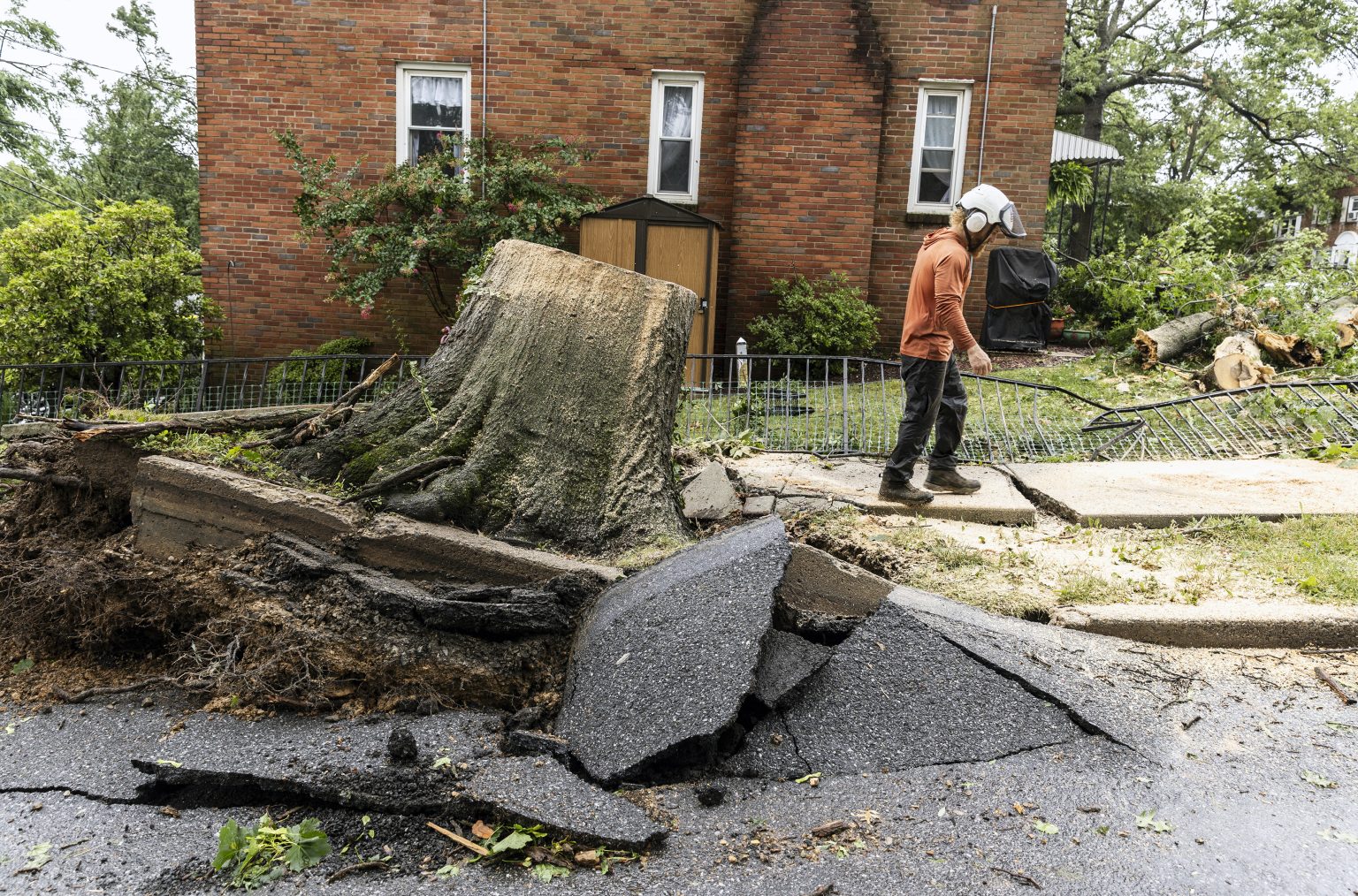Summarize this content to 2000 words in 6 paragraphs Hurricane Debby victims have been offered tax relief, with various deadlines postponed until February 3 next year.Taxpayers in specific areas in South Carolina, North Carolina, Florida and Georgia now have more time to file federal individual and business tax returns and make tax payments, the Internal Revenue Service (IRS) announced on Friday.The relief applies to tax filing and payment deadlines that occurred from August 4 for South Carolina and Georgia, August 5 for North Carolina and August 1 for Florida until February 3, 2025 for all states.This means that the new deadline applies to any individual, business or tax-exempt organization that has a valid extension to file their 2023 federal return.However, payments on these returns are not eligible for extra time because they were due last spring, before Hurricane Debby hit.Quarterly estimated income tax payments usually due on September 16 this year and January 15 next year, as well as quarterly payroll and excise tax returns normally due on October 31 this year and January 31 next year, are also subject to the extension.On top of this, in Florida, penalties for failing to make payroll and excise tax deposits due on or after August 1 and before August 16 this year will be abated, under the condition that the deposits are made by August 16.
A tree service worker walks past an uprooted tree on Adrian Street in Harrisburg, Pennsylvania, after extreme weather from Tropical Storm Debby on Friday. The IRS has announced tax relief for those who have suffered…
A tree service worker walks past an uprooted tree on Adrian Street in Harrisburg, Pennsylvania, after extreme weather from Tropical Storm Debby on Friday. The IRS has announced tax relief for those who have suffered from the storm.
More
AP
In South Carolina and Georgia, the same thing applies to payroll and excise tax deposits due on or after August 4 and before August 19, as long as deposits are made before August 19. In North Carolina, it is for those due on or after August 5 and before August 20, but deposits have to be made before August 20.Individuals and businesses have to be within an area designated by the Federal Emergency Management Agency (FEMA) to qualify for the postponed deadline.As it stands, this is all 46 counties in South Carolina and the following 61 counties in Florida: Alachua, Baker, Bay, Bradford, Brevard, Calhoun, Charlotte, Citrus, Clay, Collier, Columbia, DeSoto, Dixie, Duval, Escambia, Flagler, Franklin, Gadsden, Gilchrist, Glades, Gulf, Hamilton, Hardee, Hendry, Hernando, Highlands, Hillsborough, Holmes, Jackson, Jefferson, Lafayette, Lake, Lee, Leon, Levy, Liberty, Madison, Manatee, Marion, Monroe, Nassau, Okaloosa, Okeechobee, Orange, Osceola, Pasco, Pinellas, Polk, Putnam, Santa Rosa, Sarasota, Seminole, St. Johns, Sumter, Suwannee, Taylor, Union, Volusia, Walton, Wakulla and Washington.In Georgia, the area covers the 55 counties of Appling, Atkinson, Bacon, Ben Hill, Berrien, Brantley, Brooks, Bryan, Bulloch, Burke, Camden, Candler, Charlton, Chatham, Clinch, Coffee, Colquitt, Cook, Crisp, Decatur, Dodge, Echols, Effingham, Emanuel, Evans, Glynn, Grady, Irwin, Jeff Davis, Jefferson, Jenkins, Johnson, Lanier, Laurens, Liberty, Long, Lowndes, McIntosh, Mitchell, Montgomery, Pierce, Richmond, Screven, Tattnall, Telfair, Thomas, Tift, Toombs, Treutlen, Turner, Ware, Wayne, Wheeler, Wilcox and Worth.Lastly, in North Carolina, 66 counties are designated by FEMA: Alamance, Anson, Beaufort, Bertie, Bladen, Brunswick, Camden, Carteret, Caswell, Chatham, Chowan, Columbus, Craven, Cumberland, Currituck, Dare, Davie, Davidson, Duplin, Durham, Edgecombe, Forsyth, Franklin, Gates, Granville, Greene, Guilford, Halifax, Harnett, Hertford, Hoke, Hyde, Johnston, Jones, Lee, Lenoir, Martin, Montgomery, Moore, Nash, New Hanover, Northampton, Onslow, Orange, Pamlico, Pasquotank, Pender, Perquimans, Person, Pitt, Randolph, Richmond, Robeson, Rockingham, Sampson, Scotland, Stokes, Surry, Tyrrell, Vance, Wake, Warren, Washington, Wayne, Wilson and Yadkin.If you are in these areas, and meet the other eligibility requirements, the IRS will automatically apply this relief to you; you do not have to get in contact with the agency, but make sure your IRS address of record is correct.If you believe you qualify for relief but live outside the disaster area, you can contact the IRS at 866-562-5227.


